CREATING INTIMACY
Interview with Intimacy Coordinator Teniece Divya Johnson
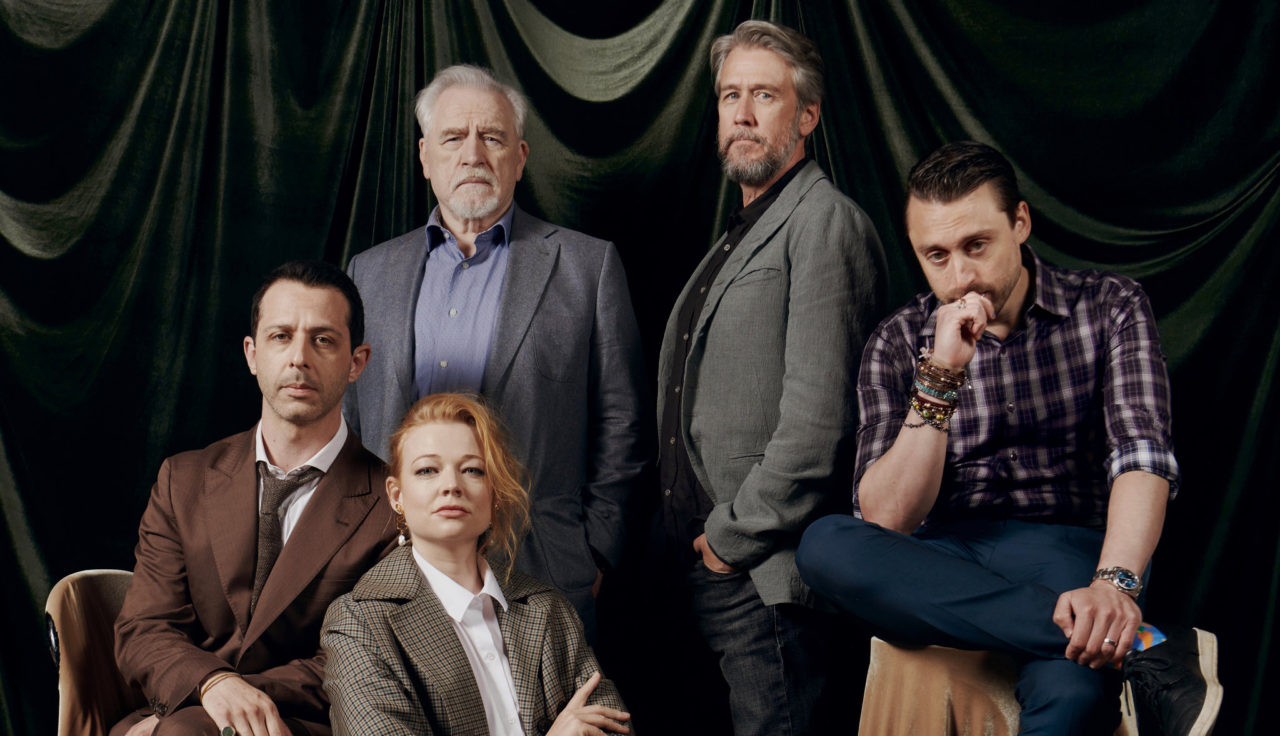
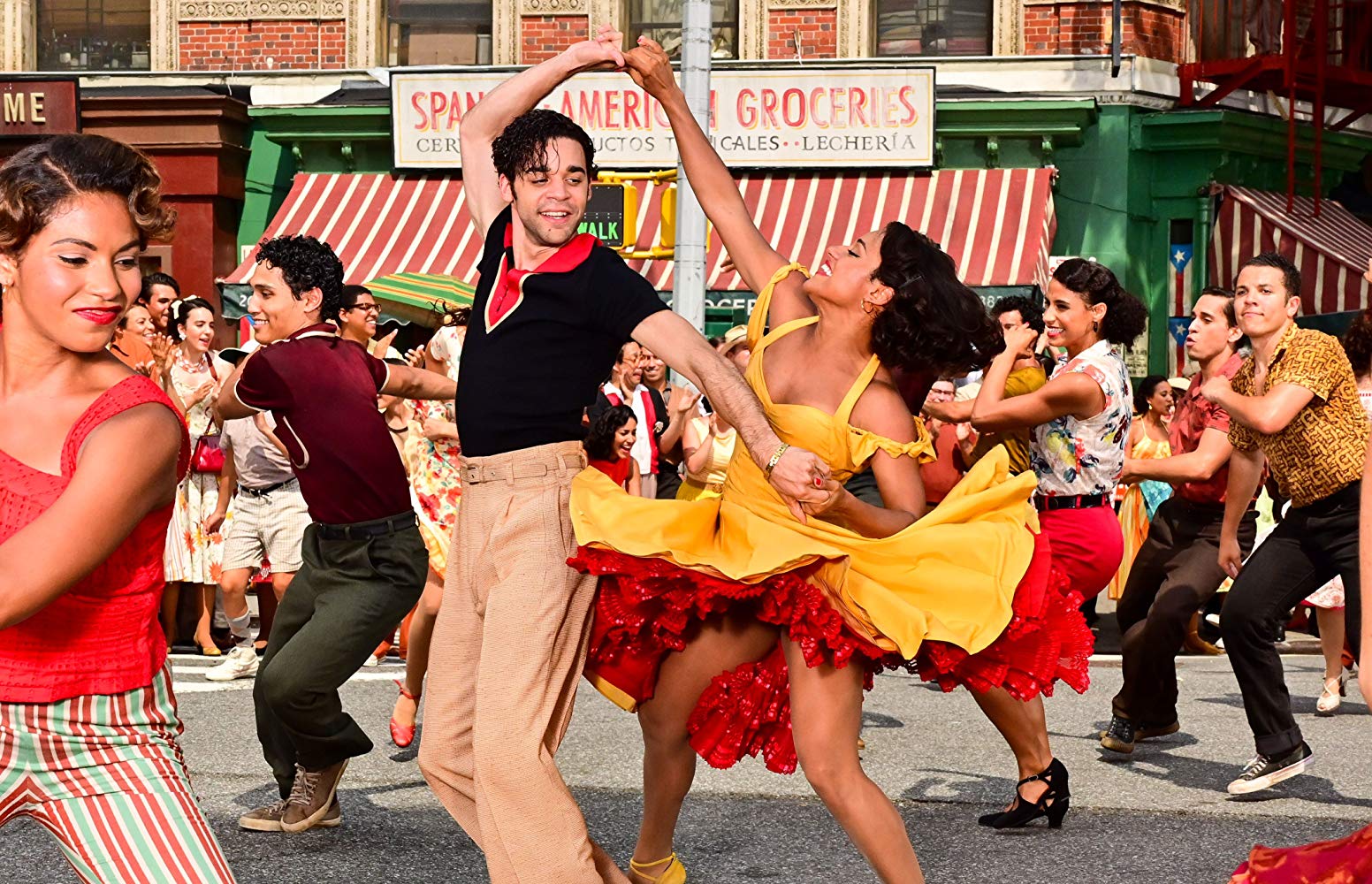
More and more film and TV productions are realizing that they need to approach sex and intimacy differently. With movements like #MeToo sweeping the nation, it’s become clear that the way things used to be needs to change. This is why, in an effort to create a more safe work environment, especially when filming sexual and intimate scenes, productions are hiring intimacy coordinators to come in.
PROVOKR recently got the chance to interview NYC-based intimacy coordinator, Teniece Divya Johnson. This interview has been edited for length and clarity.

In your own words, how would you describe what an intimacy coordinator does?
Teniece Divya Johnson: An intimacy coordinator first and foremost is a movement choreographer. Second, they serve as a liaison for communication for production, directors, cast, crew. And, thirdly, they serve as an advocate for actors and everyone in the space working.
You said movement (choreographer) and I noticed that you have a background in stunts, and that a lot of intimacy coordinators seem to have a background in stunts as well. Do you think coming from stunts transitions really well into intimacy coordinating?
TDJ: Perhaps from the outside. But, I believe that this consent movement requires a lot more internal work, a lot more education about different people and different situations, a lot more curious investigation about unspoken topics. And a pliability that may be different, because what we’re doing is we’re catching people working on a film, and we’re trying to meet everyone where they are and teach them a little bit more. So you really have to be sensitive, open, giving, compassionate, and also able to implement boundaries in a workspace that you’re just visiting.
How did you become an intimacy coordinator?
TDJ: I met Alicia Rodis at a Stunt Hustle, we became friends on the book of face, and I started following her and one day she posted her website, Intimacy Directors International. I don’t even know why, but I went to the website. And I started clicking on the articles, and I started remembering a lot of situations I had been in, but, in order to survive, you callous over, you heal, and you keep moving. A lot of things that were really uncomfortable, that I had to unpack with myself and take responsibility for the choices I made, and forgive myself. And then, as I continued to read I learned that she was teaching these techniques. And that she was going to schools and that this was an opportunity and there was some hope that things could be done a different way. So I basically was like “hey, I kind of love everything you’re doing” and I shared more at length my personal responses, and asked if I could learn more. I wasn’t just a stranger, I have an MFA in theater and performance, I have an MA in sociology. I’ve been a performer and a teacher for many years. A yoga instructor as well. So I’ve been in spaces teaching. So she took me on and let me assist. And I went to the same workshop multiple times, taking copious notes and just absorbing and being there. Partnering up with other actors when I had the chance and going through the exercises. But watching, in awe, at how she held space. And then meeting one of her other colleagues and following them around. And I was really just entrenched in the work. And watching actors grapple with this new information. Gone is this culture of where it’s like, “yes let’s, if I don’t then the next will,” to “wait, ok I can have a choice here.” We can make a little bit of space and we can make an adjustment. And it can be done in a way that isn’t hijacking the rehearsal or what have you. I was learning that these techniques, we can implement them on the go. In fact, we can teach actors ways to talk and engage with other actors, and it’ll show people around them how to talk about touch, and how to communicate without an intimacy coordinator being there, because real talk, we can’t be everywhere. If we’re looking at this culture change, it’s awesome to be on sets and TV, it’s awesome to be on Broadway, off-Broadway. But, we need to be in the student films, we need to be working in the indie projects. We need to be at these colleges and universities. And just recently, I was just telling my colleagues, beyond that, we need to go to the places that lack resources and that can’t afford to pay an intimacy coordinator to come in. We need to be at these places where trauma and art is still happening, cause they’re gonna be contributing to Hollyweird eventually, and Broadway. So how do we make sure that we’re planting seeds at all of these levels and getting people really passionate about the power in the work, and having rights in the workplace.
What do you think these smaller budget projects can do when they can’t afford to bring an intimacy coordinator on. How can they make sure that they’re following what you would be teaching them?
TDJ: I want to say first and foremost, we have to be realistic about the projects we want to put on, and the resources that are necessary to accomplish them. I’m not gonna write a stunt-film if I have no budget. In the same sense, if we have an all black cast and we have none of the creatives associated with the project that look like the cast members, we [maybe] should not do this project. And the same thing applies for intimacy. Unfortunately we’re seeing a trend in directors or in-house people taking one course and being the in-house intimacy person. First, if you can hire and fire, you’re in a position of power then you cannot serve as an advocate. And second of all, everyone knows that one workshop of a topic does not make one an expert. And a little bit of information can hurt a lot of people. So I would say to those people, you really gotta think about what it is that you’re investing in and work within your budget and your constraints. There are opportunities for filmmakers to attend workshops so that they can gain a greater awareness, and create a safer environment. At the end of the day, nothing takes the place of an intimacy coordinator.
What was the process like for you to become an intimacy coordinator? You started going to workshops, is there a licensing thing?
TDJ: It was really slow, my process. Unlike the need and demand for [intimacy coordinators] today, I started before that was a thing out of pure curiosity. So I was not trained to work. I was trained, I was enthusiastic about the work. I was doing my studies and then “Teniece, you’re ready, do you want to do this project?” And I was like honestly, I don’t know. I’m a stunt performer, I worked really hard to get the little opportunities I’m able to have access to. So a big part of me was like what? No. But then, I had to realize that this was really bigger than me and everything I’ve been doing in my life has prepared me for this moment, and this opportunity. And I say I serve as an intimacy coordinator because to me, it is an act of service in the opportunity that we have to help people bridge this gap from hurt to healing. And I really think everyone is on the spectrum of somewhere there. Even the response to the title intimacy coordinator, tell you what never happens. Nothing. It’s some sort of bombastic response or reeling back in horror like, “you do what?” Everyone has some sort of response to it and I think this is reflective of the culture that we live [in]. Quite honestly we’ll have intimacy shown through the TV, which some people confuse as a window to the world. Same thing with our laptops, you know you can access other forms of “entertainment intimacy.” But where is the real conversation happening? And now I’m in a workplace where people are being faced with talking about things we don’t talk about culturally, and there are responses to that. Whether it’s their own history, their discomfort, whether they’ve been hurt, whether they think that they’ve hurt someone. And the thing we’re not good at is stepping on someone’s toe, acknowledging that and working through it. We have a tendency to be like “nothing happened” or “I gotta get away from them.” So we’re trying to be in places where we’re like, we’re gonna talk about it.
So, when you are on a project, what is that like? I’ve read a lot about kits that intimacy coordinators bring do you have a kit?
TDJ: Yeah. But the kit changes for every situation. It’s just like a set bag. You use whatever material you need to get the job done. We’re responsible for providing safe spaces for closeness and intimacy, so some of the specifics, we have intimacy barriers, it’s something that we integrate into the work, in addition to like, modesty garments, you gotta stick ‘em on. It’s odds and ends like that, that help us. Hand sanitizer, listerine. Whatever you might need in a situation, I like to wear knee pads. People are like, “that’s weird.” Yeah, well you don’t know how many small spaces I’ve been in and there’s no room. I’m 5’9” with big hair. I’m gonna get low and find a corner where I can do this work and be in this space with everybody. So yeah, everyone has a different kit that helps them with the work. A lot of times we’re collaborating with different departments, so we’re not the only solution here. When we’re brought on to a project we’re collaborating with wardrobe and a lot of times it’s a teaching from both departments. Historically, wardrobe has been the closest to these intimacy conversations and has sometimes had to engage in these challenging conversations with production. And they find themselves in situations that they have to navigate the unknown because no one else on set had the skillset.
Yeah that actually reminds me, the first time I ever filmed any sort of sex scene, the person who was my point person was our wardrobe lady.
TDJ: And they have done such a phenomenal job. Anytime I get on any project I say thank you. Thank you for your care, concern, and consideration, and in an area that has been overlooked, as the work continues to contain intimacy and nudity.
So does an intimacy coordinator only work on scenes that are sexual in nature, or are there other sorts of scenes?
TDJ: So when we’re talking about intimacy, I always like to remind people the definition is actually “familiarity or closeness.” We have a level of intimacy with everyone we engage with. Intimacy coordinators are great to help you find intimacy between characters, whether it be mother/daughter, friend-to-friend. Or, intimacy coordinators can be really helpful if the scene is heavy in nature, let’s say a domestic violence situation, or domestic violence with a child near. Someone that has the skill set to identify people when they’re in conflict before it gets to crisis, and someone that’s able to implement different ways to look at the material and attack it while providing agency to those that might be hurting.
Now I noticed that you have done a lot of TV work. You’ve done Pose, Succession, The Underground Railroad which is coming up, do you get brought in to work on an entire season of a show or do you only get brought in for specific episodes?
TDJ: It depends. Because the industry’s still changing, some producers will start at the beginning of a show, some just call you in when the intimacy comes up in their season, some will call you when they have an issue. But I’d say the most successful projects, to date, have invited intimacy coordinators into the pre-production process. Because it is a process, and like any department, there’s preparation that needs to be done. So the idea that you could call the day before is an unrealistic ask. People are like “help us” and we’ve had to be like “yeah, no.” If you’re not providing us with the resources we need to advocate, I’m not just gonna follow you around on set and ok behavior that is against our best practices. You gotta trust us here, these best practices have worked, and have allowed us to continue to create dangerous material while keeping everyone safe. And that’s the goal, right?
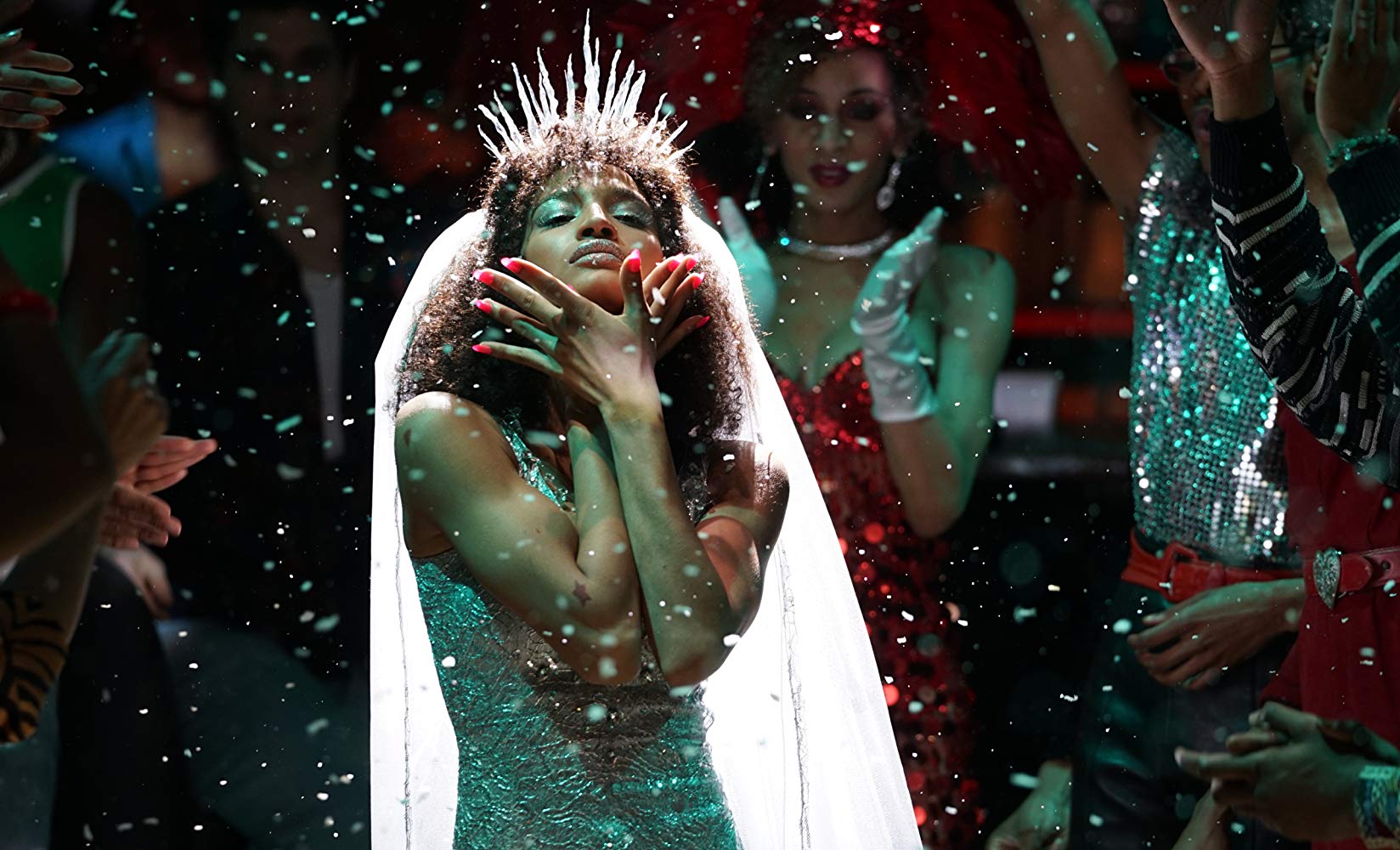
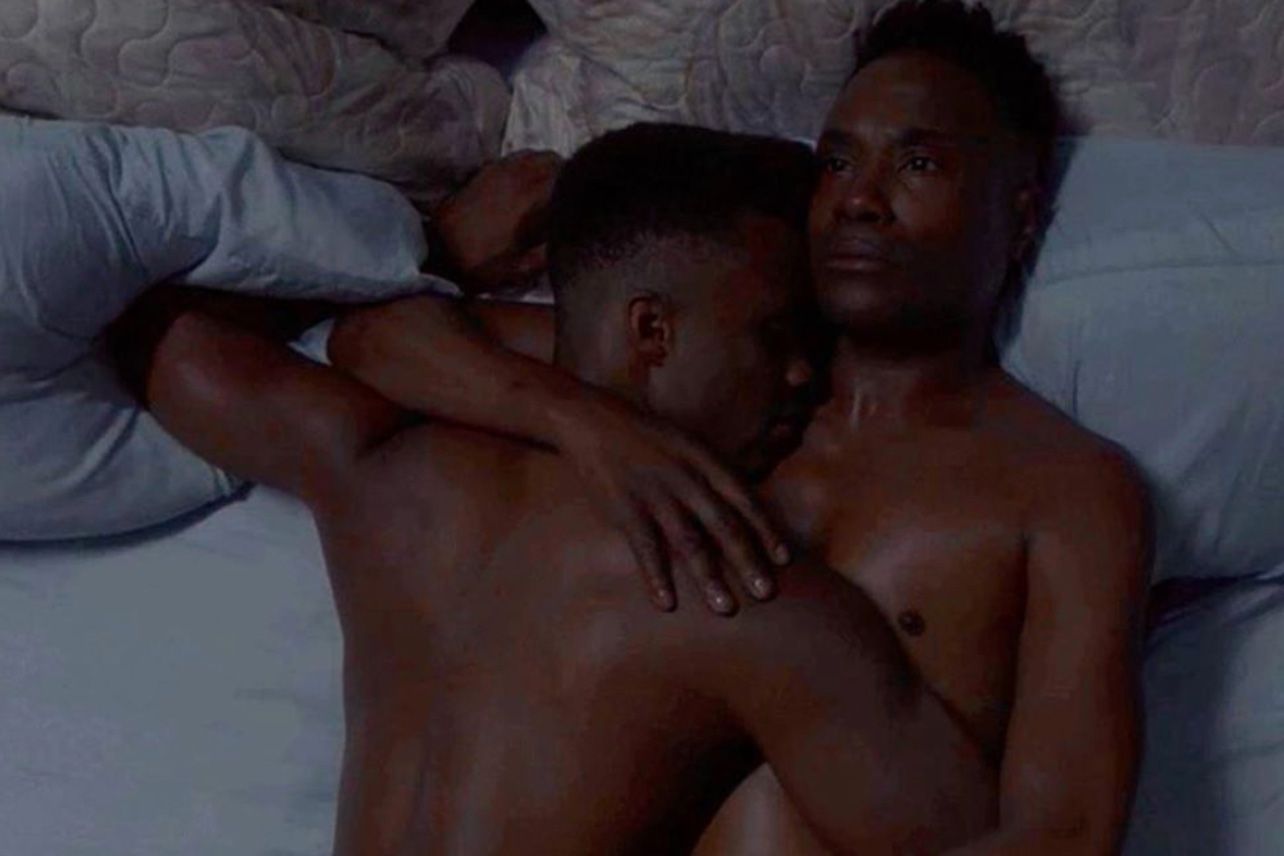
What are some of those resources that you need that you just brought up?
TDJ: Well, we need to talk to the director, we need to talk to the actors. One thing that people forget, or maybe this is a little unknown fact, someone writes something on a script, cool, director’s like “I’m gonna direct it,” cool. So the script and the director give us permission to talk about the act, but we have to ask, consent works laterally between scene partners. Just cause you wrote it on paper and someone auditioned, that doesn’t mean you’re gonna get what you want. You have to work with real people and you have to ask them their comfort level. Now the challenge is, when a director goes to ask, we’re still in a culture where actors are their brand, and their person, there’s a dual thing going on here. So when my boss, the director who’s probably gonna direct a bunch of stuff after this, is asking me my comfort level, you’re probably speaking to my brand. I’m gonna leave my person at home, I’m gonna work my business really well and then I might find myself in a situation where I’m like uh, what? And I think that’s when it’s important to have an intimacy coordinator there. So that there’s not that pressure. And if it’s not a present yes, we move to the next option. We’re a room full of creatives. If we can’t find an awesome way to work around this personal boundary I’d say that we should give our jobs to someone else, cause there are solutions. Sometimes actors will be like, “what does the director want?” I’ll repeat the vision of the story and remind them this is one option of many ways to tell this. Not taking away from the director, but reminding them that they have some agency in this, what do they want?
You do a lot of liaising between the actors and the director and production?
TDJ: Yes, that’s definitely a component of the job. Just in terms of teaching the process and the order of operations and what’s next. Making sure we’re working on the proper timeline to get the rider information in, get it approved by the reps. There’s a lot of moving parts. It’s interesting with film production because intimacy coordinators are a new addition to the process, so nobody’s stopping again to learn, it’s a lot of teaching on the go. And the productions that allow space, we’re very successful in what we’re able to accomplish.
Yes, I saw you did the new West Side Story movie which, congrats. Is there a big difference between doing this for a TV show or a movie?
TDJ: No. I don’t think it’s the same in the sense that you might have more scenes, you might have more time with the individuals. I’m working on a movie now with Amazon and it’s nice, we’ll have a couple days together and we’re getting into a nice rhythm. [I was] invited early in the process for pre-production, we just did day two. It’s going really well. And we’re dealing with some really talented actors, so sometimes those conversations get more complicated. There’s more scheduling conversations. But everything’s going really well, and I think that once directors learn how intimacy coordinators are able to contribute, they fully embrace it.
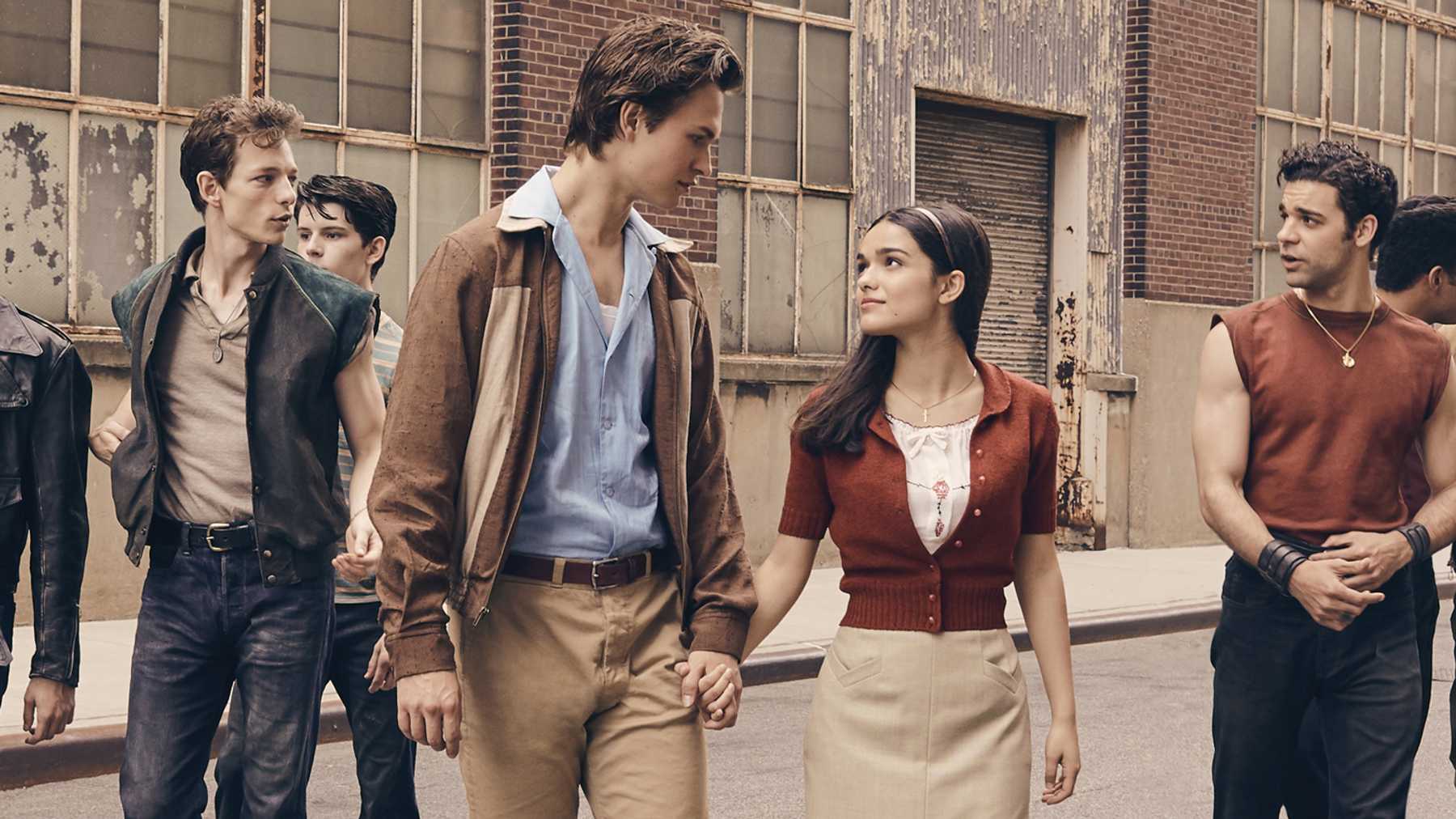
For someone who wants to get into intimacy coordinating, where would they start, what do they need to do?
TDJ: That’s a really interesting question. And as the articulation and needs of the job are coming into play, we’re trying to articulate that advocacy part and what that looks like. In addition to the challenges you need to be aware of actors, and directors, and scripts. If you’re working on stages you gotta know how plays work, if you’re in film you gotta know how sets work. So it really requires a lot. And on top of that, you have to have the textual language, the movement choreography aspect, and allyship for groups that are different than your personal specs. So in terms of training, my colleagues say you need at least five-ten years in the industry in that field, and then from there, if you’re interested, there are training programs. Intimacy Directors and Coordinators is an organization I’m affiliated with. We have training programs with different levels. And then even with those workshops, there are additional apprenticeship hours necessary. In its essence, it’s a really impossible job, keeping all people safe. We want to make sure that these coordinators are understanding the risk that they’re taking on, and this is really where their strong focus is. And they’re good at it, right? Wouldn’t that be weird if you could just take like eight classes and be like “I got a certificate?”
Are there any instances where you’ll be working on a project and you need to have more than one intimacy coordinator?
TDJ: Yes. Quite honestly I think the current model we have for intimacy coordinators is a starting point. No other department on set has just one person in their department. And with how quickly the work can progress, you need to get people ready for a scene, you can have a scene up for rehearsal, and/or be preparing a closed set. I think the future calls for more people in the department.
Before we wrap up, do you have anything else to add?
TDJ: Yes. I want to say thank you. I think as we continue to talk about the consent movement, it’s important that we are featuring people that are not just white women. The consistent media coverage is creating a narrative that makes it look like consent is only available to a certain few. And it’s really important that we consider race, religion, and culture when we are sent into environments where individuals are in vulnerable situations. We need more people of diverse backgrounds as we are responsible for serving all people. So I’m just really appreciative for your time and your energy. Because sometimes that narrative can get written and people excluded are hurt because they need the benefit of having agency in the workplace as well.
PROVOKR would like to thank Teniece Divya Johnson for taking the time to speak with us.


